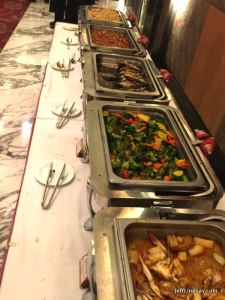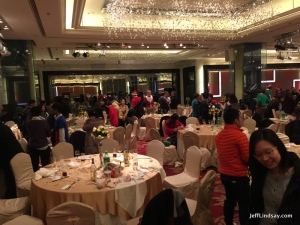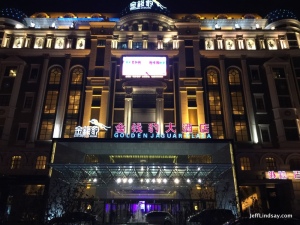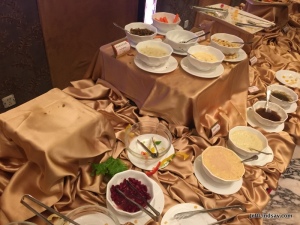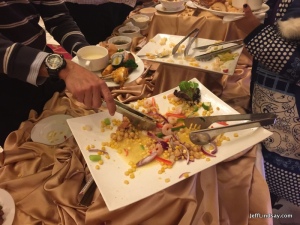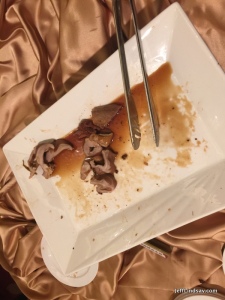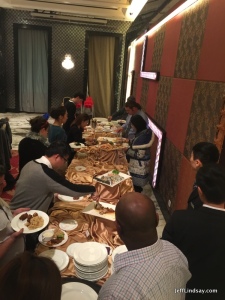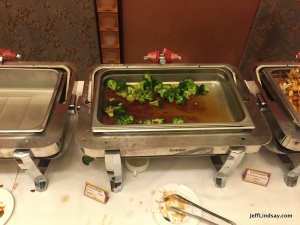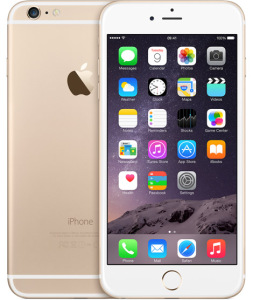Passport Tip: Keep Photocopies, Carry a Copy, and Have Photo on Your Phone
There are many times in China when you’ll need your passport. For travel and bank transactions, you generally need the physical passport (sometimes even train travel requires that, though it’s hard to predict when there will be a passport check to get into the train station). But for buying train tickets and a variety of other situations, a photocopy or cell phone image of your passport is fine. I recommend that you always have an image of your passport with you in your wallet or purse, plus have an image on your phone. I also suggest that in addition to an image of your main passport page, you also have an image of your current visa.
Don’t allow hotels to keep your passport. Some want to hold them at the front desk, but this puts you at risk. One person I know had their passport stolen that way. Leave them with a photocopy if they need something from you, but don’t give up your passport.




